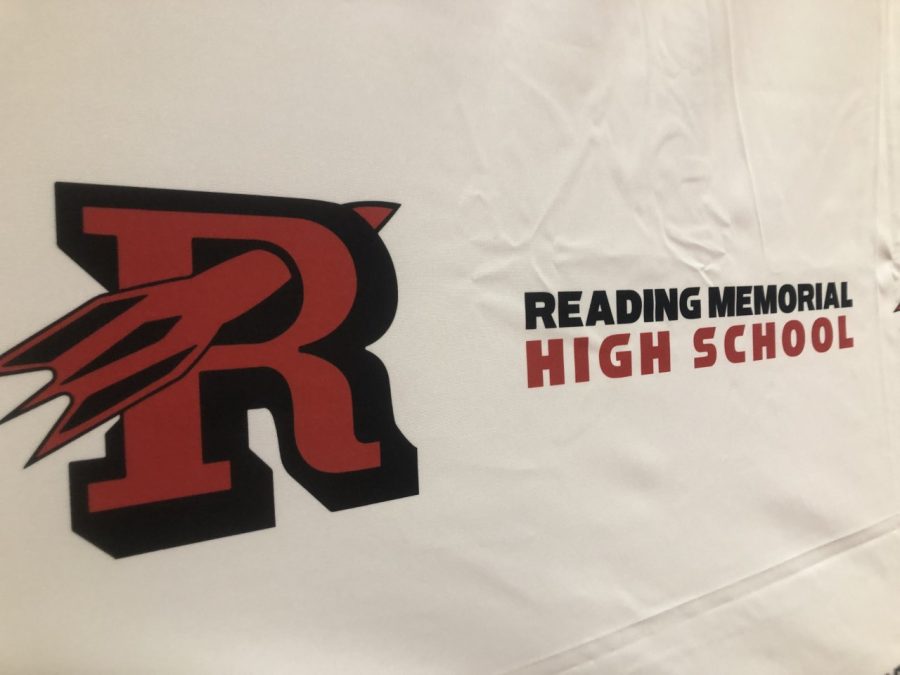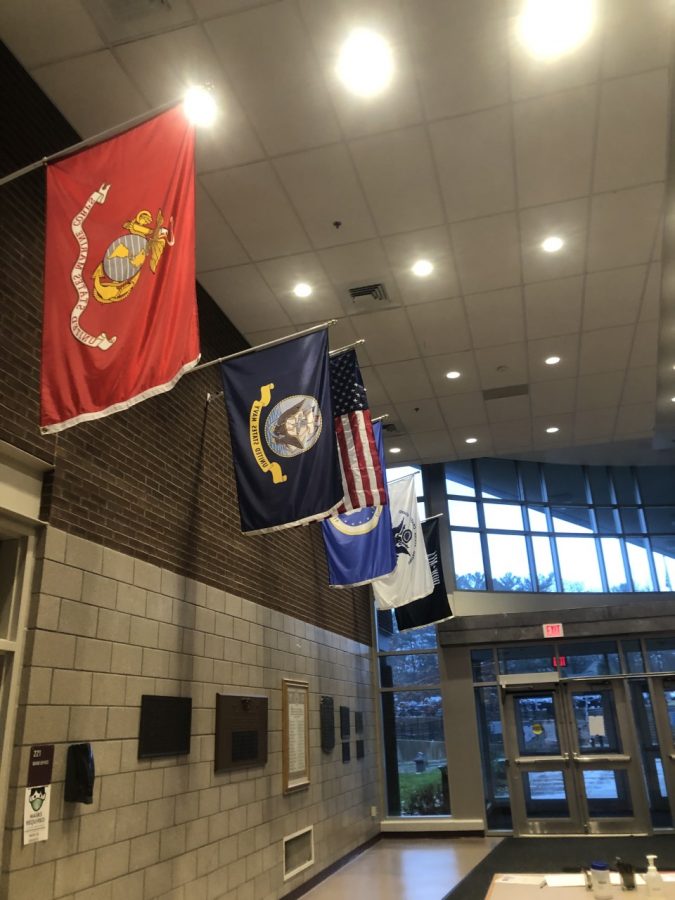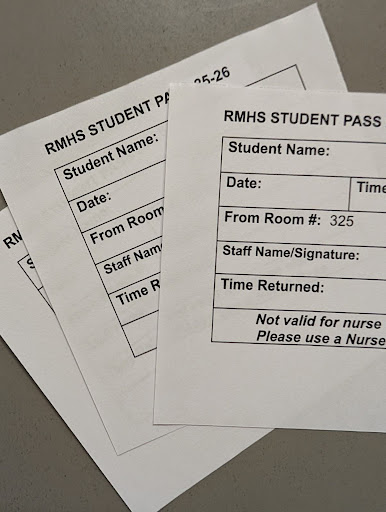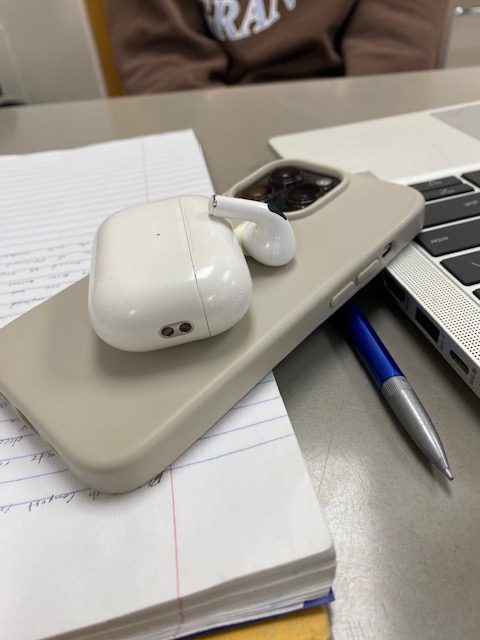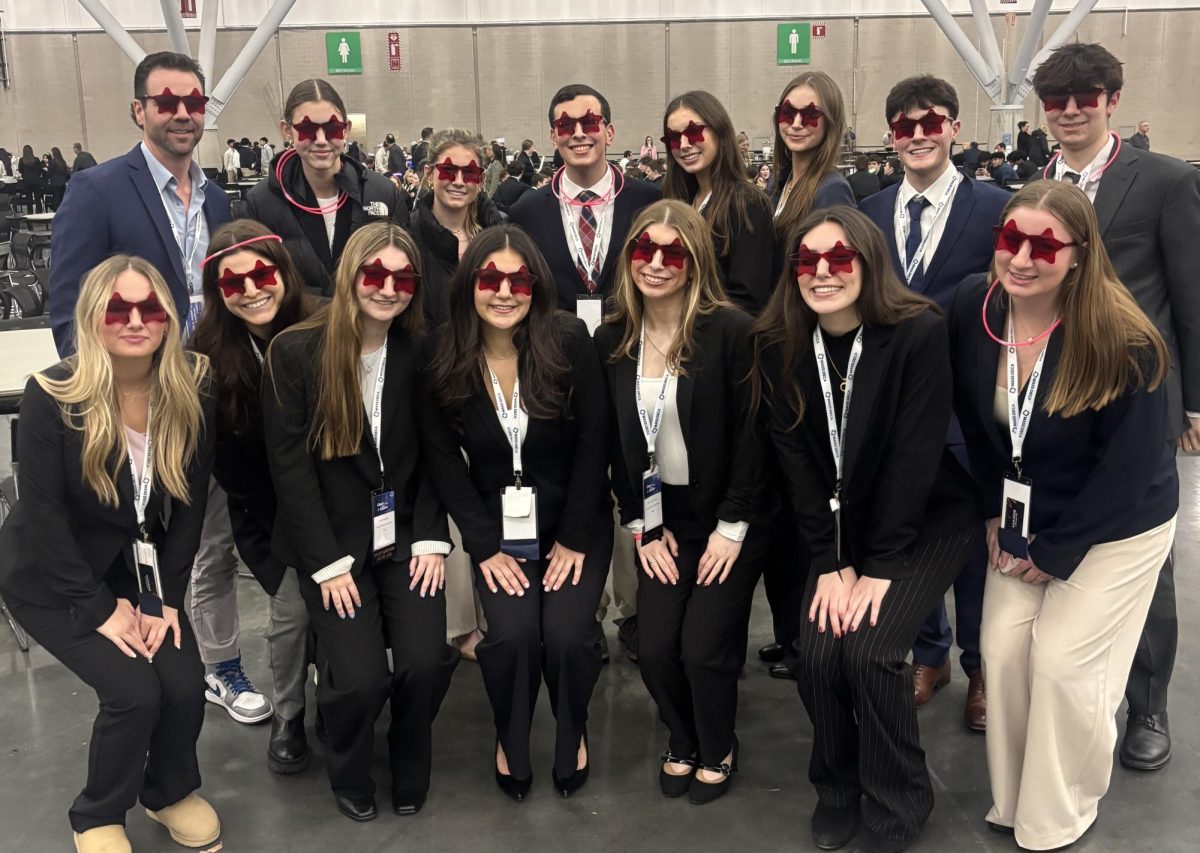
For the first time next year, Sophomores will be able to take AP classes at RMHS including AP Chem, AP Bio, AP Gov, AP Spanish, AP French and AP Precalculus. Sophomores will also be able to take a variety of Dual Enrollment classes.
The benefits of taking AP classes early
Mrs. Williams, Director of Guidance, explained the reason for the change. “We want our students to be in the best possible position for college admissions, and knowing that there are many other schools, private and public high schools, where they’re offering a whole variety of different options for students, we wanted to give students the opportunity if they were interested in taking these courses.”
Mrs. Williams also mentioned, “An AP course on your transcript, if you do really well, can really benefit you in the admissions process.”
Ms. Bailey, the AP Government teacher, shared her thoughts about sophomores interested in the challenge of an AP class. She said, “For some students who are especially passionate about it, who are really organized, who are looking for the challenge, who are maybe not taking a lot of other AP classes and have space in their schedule for it, I think that it can be a good fit for them.”
Ms. Bailey added the exciting news about a new partner she will be working with in the Social Studies department for AP Gov. She said, “Mr. Mahoney in the Social Studies department is also on track to teach the AP Gov class. I’m really looking forward to working with him. It’ll be really nice to have another person to bounce ideas off of, and I think he’s an awesome teacher, so it’s gonna be really great to get his perspective. And I know the students really like him too.”
Potential drawbacks
Along with the benefits, there are potential obstacles that sophomores can face when going into taking AP classes. Ms. Bailey shared some of the risks young students could be facing. She said, “I feel like, especially as we’ve gotten out of the pandemic, it’s been more difficult for everybody to manage their workload, stay on top of all of the demands of high school. It’s way more demanding now than when I was a student.”
There have also been some concerns about the pressure of sophomores taking AP classes; some teachers are worried about the amount of time and effort they have the potential to spend on these classes, especially starting earlier on than usual. Ms. Bailey mentioned some of the worries for next year. “Because we’ve opened it up to sophomores, so many students think you have to take an AP course to get into college, and so I just worry that there was an unintentional message that was given that this is really important.”
An additional issue is that sophomores who enroll in AP Gov and AP Bio still have to take the regular, required course in that subject for that year. Ms. Williams explained that, as part of “graduation requirements”, if a student “took AP government, and they didn’t take History 10” then eventually, they are “going to need to take that sophomore history. So we want them to stay with their class with the normal progression, and these are just additional electives, if they choose.”
Similarly, students taking AP Bio will still need to take CP or Honors Chemistry, the usual sophomore science class, at the same time.
Mrs. Williams admitted that she is somewhat “worried about students over stretching themselves and trying to do it all.”
“It’s not a question of if you’re smart enough or if you can do the work, It’s just a matter of do you have the time to do it on top of everything else that you’re doing?” she said.
The student voices of freshman taking AP classes next year
Some students think that adding AP classes as an option for sophomores could heavily affect their academic load when it comes to the other classes they’ll be taking.
However, freshman Jayson Encarncao who plans on taking AP Gov next year doesn’t seem to be worried.
“I don’t think it’ll stress me out too much, because I’m keeping it balanced with honors [courses in other subjects], and I feel like I wouldn’t take a class if I felt I’d be too overwhelmed,” he said.
Freshman Katie Stevens is looking on the bright side of the opportunity and explained, “I think it gives students a better opportunity to get an advanced level of education and selection of classes.”
With starting to take AP classes their sophomore year, it could affect the number of AP classes students will take in their upperclassman years.
“I think after my first AP as a sophomore, it’ll really help me gauge how many I should take. If I really like it, I’ll probably do more. And if I feel like it’s too much, I might stray away from them,” Encarnacao added.
Stevens, who’s also taking AP Gov, said, “It can give me a good idea of what an AP-style class is” and can help her make decisions about taking those courses in her junior and senior years.
Things to consider when going into an AP class
Sophomores also have a lot to think about when it comes to considering which AP courses to take.
Ms. Bailey spoke about how taking a history class is one of the most important classes to take if students were to choose one. She said, “Civics is more important than ever, and AP Government gives students an understanding of their role in a political environment and how they can affect politics and how politics affects them.”
Ms. Bailey has been teaching for quite a while now, so she knows how difficult it is to take an advanced class, especially for younger students. Ms. Bailey offered underclassmen some advice: “People should go into it knowing that it is an accelerated-pace class, it’s an advanced placement class. There’s a lot of homework, there’s tests. So if students go in knowing that and being willing to have a bumpy few first assignments and maybe tests, but grow from that, then I think it’s good.”




